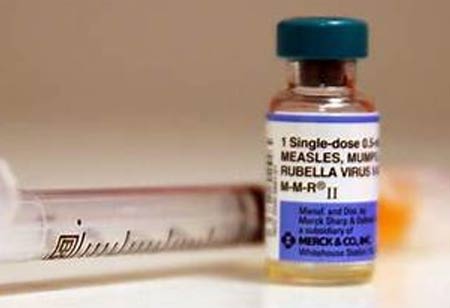Rubella: What You Need to Know About "German Measles

Thank you for Subscribing to Medical Care Review Weekly Brief

By
Medical Care Review | Friday, July 19, 2024
Stay on top of your health and well-being with exclusive feature stories on the top medical clinics and treatment centers, expert insights and the latest news delivered straight to your inbox. Subscribe today.
Rubella, often called "German measles," is a contagious viral illness caused by the rubella virus. While it’s typically mild in children and adults, it can have serious consequences for pregnant women and their unborn babies.
Rubella spreads through droplets when someone with the virus coughs or sneezes. It can also be passed through contact with an infected person’s nasal or throat secretions. The illness usually starts with mild symptoms, including a low-grade fever, sore throat, and swollen lymph nodes. These early symptoms are often followed by a rash that begins on the face and then spreads downward.
For most people, rubella is not a major health concern, but it can be quite dangerous during pregnancy. If a woman contracts rubella during her first trimester, it can cross the placenta and infect the fetus, leading to a condition known as congenital rubella syndrome (CRS). CRS can cause severe birth defects like heart issues, cataracts, deafness, and developmental delays. In more severe cases, it can result in miscarriage or stillbirth.
The best way to prevent rubella is through vaccination. The MMR (measles, mumps, rubella) vaccine provides protection against rubella as well as the other two diseases. It’s given in two doses: the first dose is administered between 12 and 15 months of age, and the second between 4 and 6 years. Thanks to widespread vaccination, rubella and congenital rubella syndrome have become much less common.
If rubella is suspected, a blood test can confirm the diagnosis by detecting antibodies to the virus. Treatment generally focuses on managing symptoms, but vaccination remains the most effective preventive measure. For those planning to become pregnant, it’s important to ensure that vaccinations are up-to-date to prevent rubella and safeguard the health of future children.
Overall, staying informed about rubella and maintaining high vaccination rates are key to preventing this disease and protecting vulnerable populations.
